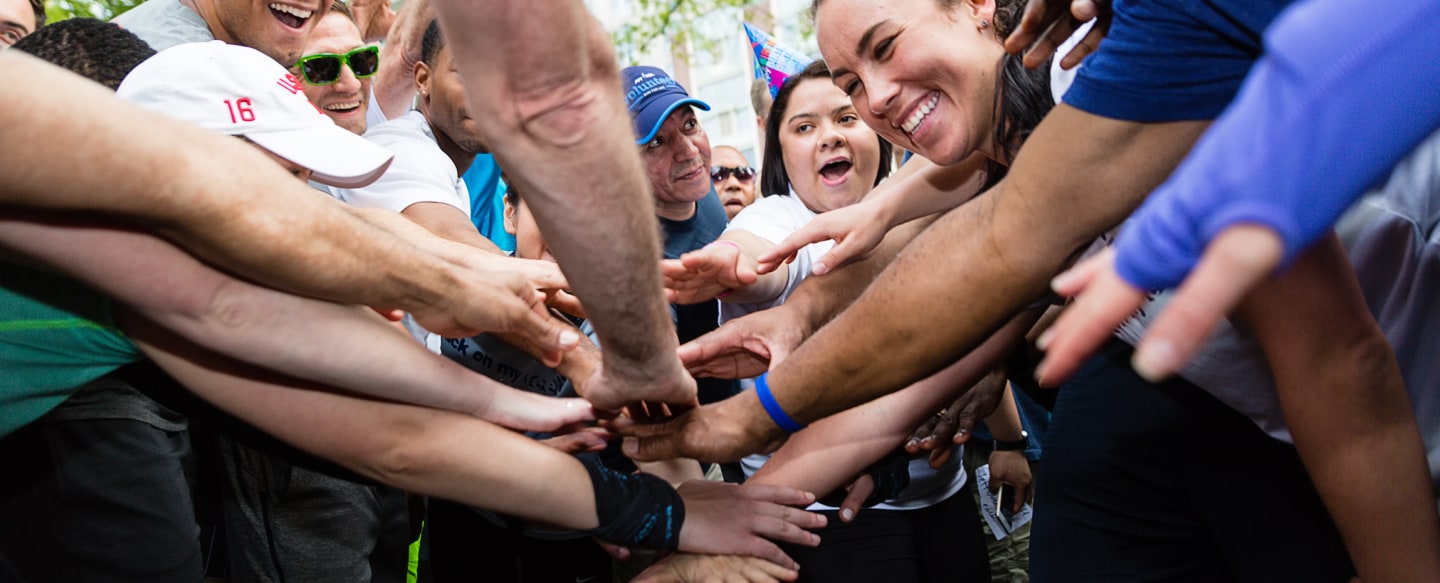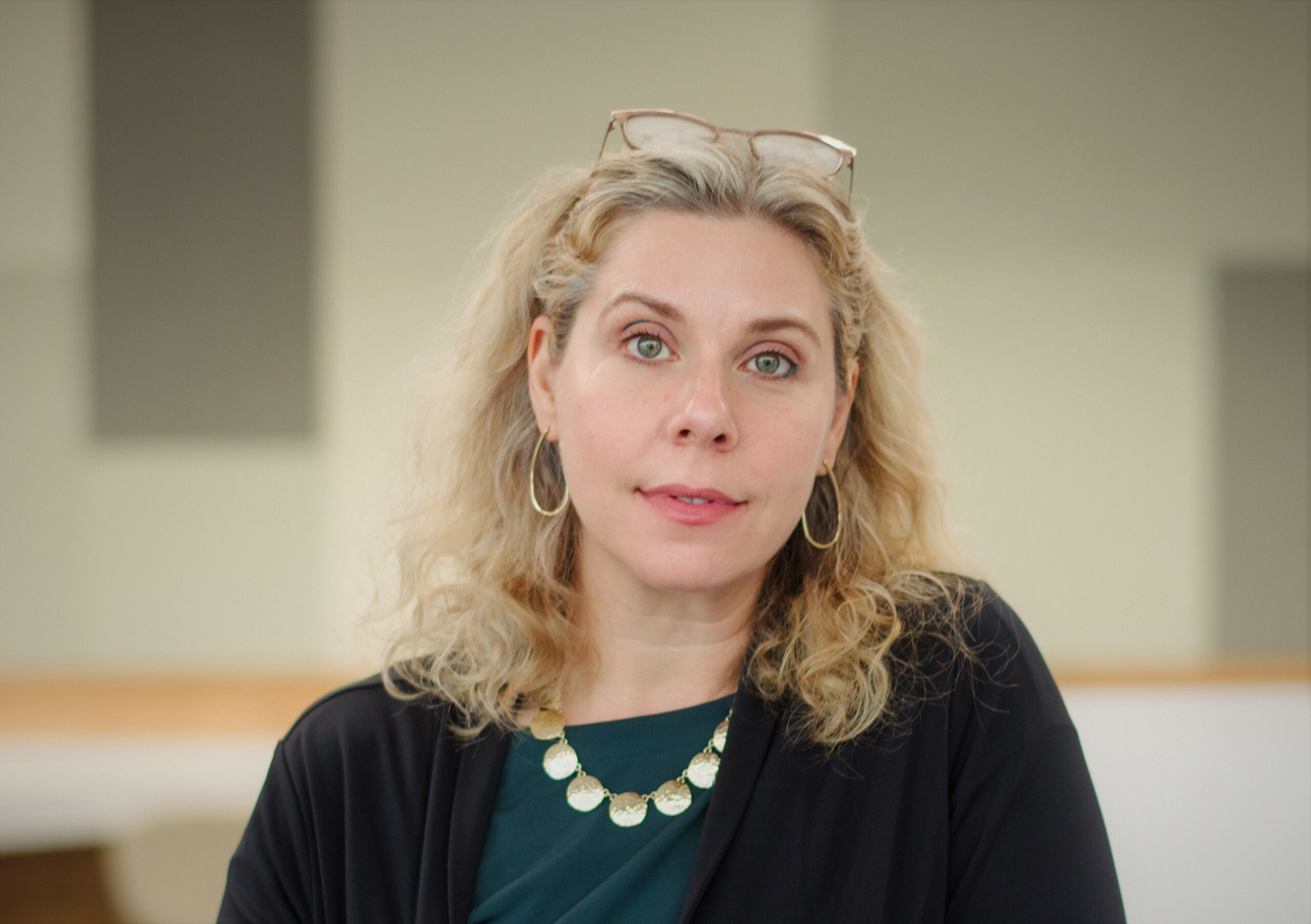Harris III has been telling stories his entire life. The Tennessee native saw early on the power of storytelling, first through performing magic, and then later, as a narrative builder and story consultant for consumer brands. Through his STORY gatherings online and across the country, he works to give storytellers—writers, filmmakers, brand consultants, designers, and anyone with a story to tell—the space to collaborate, to bridge gaps, and to elevate narratives to effect change.
We talked to Harris about what makes a good story, how stories lead us to rediscover and maintain our humanity, and how they can help individuals with seemingly nothing in common forge a path to recalling our common humanity.
How did you get started?
I got a magic kit for Christmas from my grandmother when I was nine years old. That was the first time I remember someone looking at me with awe and wonder in response to something that I had done. I got hooked on magic. Looking back, I realize I was desperate to find a medium through which I could tell stories.
Why do stories matter?
Steve Jobs said, “The most powerful person in the world is the storyteller. The storyteller sets the vision, values and agenda of an entire generation that is to come.” You realize whether it’s films, books, literature, advertising, marketing, or a parent or a teacher in a classroom, they are all planting these seeds of stories and narratives. We adopt and live out of those narratives because we are storytelling creatures. Storytellers have an amazing power. I got into leading the STORY community because with that power comes great responsibility. It did not feel like enough people were calling people to action and reminding them of the power they have.
What makes a good story?
The ability to resonate, to give someone the opportunity to empathize, or for the storyteller to empathize with someone else. A great story is one that people can find themselves in and understand why this story matters. How does it identify with who I am and where I find myself in my life? Am I curious about what happens next? Because that’s really what stories are about: it’s asking the good questions. We don’t care what happens next unless we are connected to the story. That story can’t connect with you unless there’s that empathy or the ability to find yourself in it.
How does storytelling bring people together?
We reduce human beings down to just facts and data and numbers, not living, breathing, walking stories. Someone’s story is part of what makes them human. The power of sitting down and exchanging a story with someone introduces the empathy that we were talking about earlier. It gives you the ability to connect with someone on a different level. So you can’t walk away seeing them as only a skin color, or only a gender, or fill in the blank of whatever stat you’re most angry about. We have to learn how to be willing to share our stories vulnerably. We have to create safe spaces where people’s stories can be heard and a willingness to listen to those stories. We need a lot of help in that area right now.
What are the stories you want to tell?
I want to take people back to who they were when they were children. When you say that, people freak out. They go, “Well, we need to grow up and become adults and lead.” But there’s a huge difference between being childlike and childish. I think that cynicism replaces that sense of wonder. We’re wasting our imaginations on worrying about all the things that could possibly go wrong or the threat that we feel from some person who’s different than us or doesn’t believe the same things that we believe. So we start telling ourselves untrue stories about those people. Worry is a misuse of imagination, and when our wonder gets crushed, we use our imaginations to worry and to fear other people and potential outcomes. When wonder is awake, we start using our imaginations to dream, to create and innovate again.











